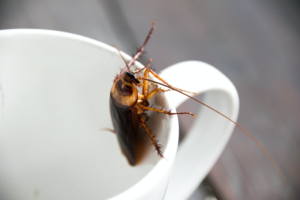Mosquito Control In Massachusetts, Expert Tips, Information and Advice.
Demand for Residential Mosquito Control Continues to Surge! Residential Mosquito Control in Massachusetts has been on the rise for several years now. The covid-19 pandemic has fueled the demand even further as more and more people look to create a






